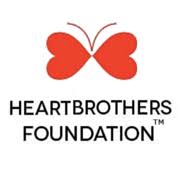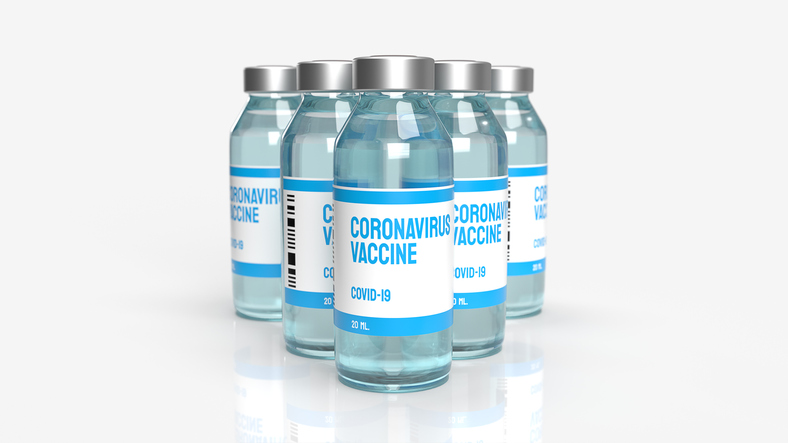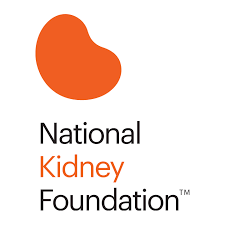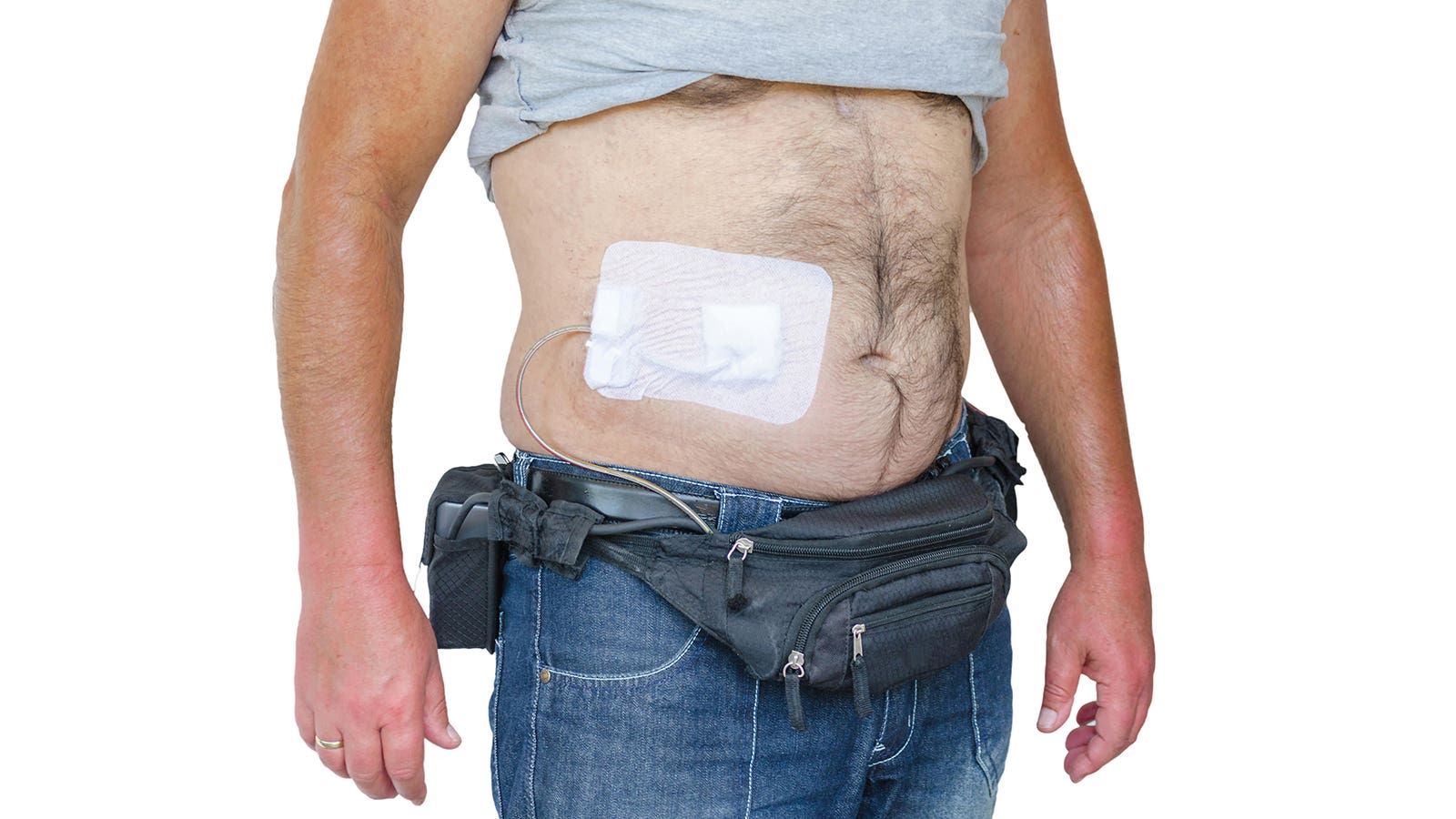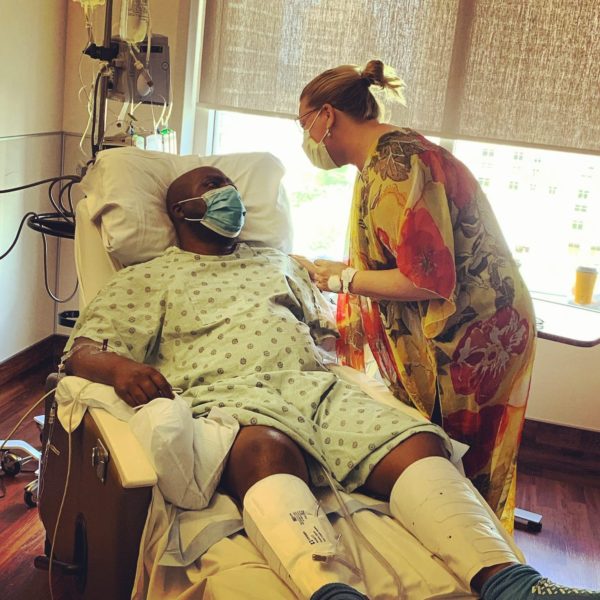February 10, 2022 @ 3:00 pm – 4:00 pm
The HeartBrothers, in collaboration with several Heart Failure Centers and Hospitals throughout New England, is now offering monthly *virtual* Patient Support Group Meetings. The meetings are held the second Thursday of every month @ 6:00 pm (Eastern Time).
- Who: ALL Heart Failure patients—regardless of where they currently are on their Heart Failure journeyLoved ones are also welcomed. Members of Team HeartBrothers and social workers/staff from our partnering Transplant Centers will also be present.
- What: This monthly meeting exists so we can provide Heart Failure patients and loved ones with first-hand knowledge, information, shared experiences, and strategies on how to live life with Heart Failure and all its complications.
- When: Monthly | Second Thursday | 6:00 PM Eastern
- Where: Virtual
- Meeting ID: 871 2553 4600
- Passcode: hearthelp
